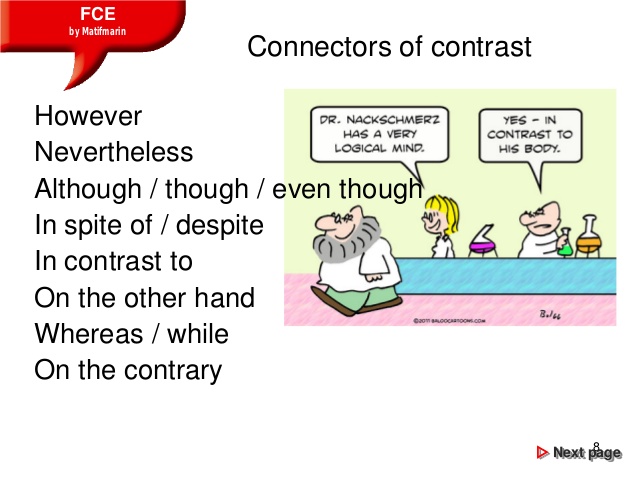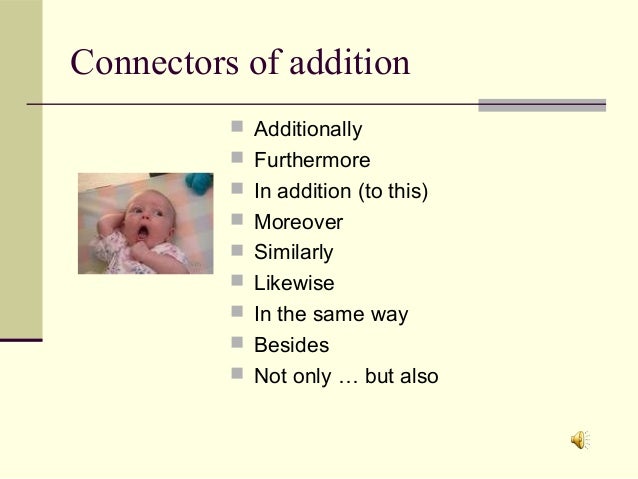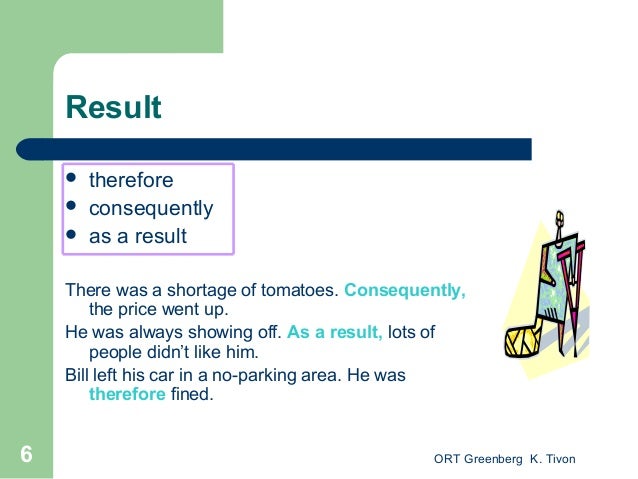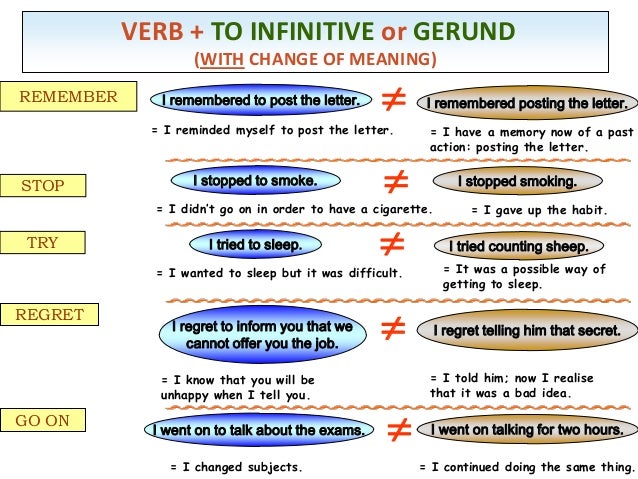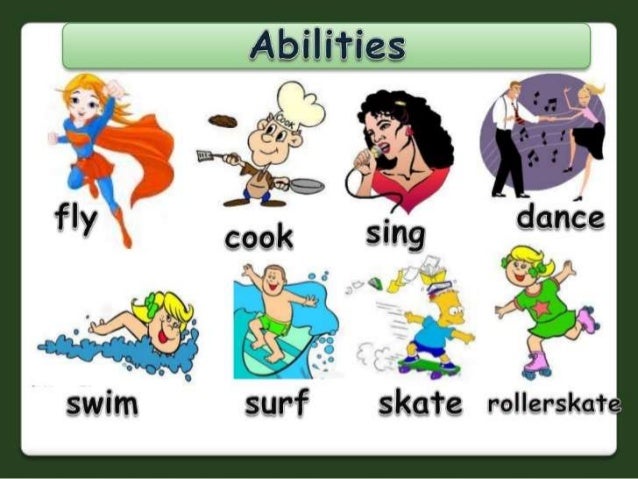Ways of talking about the future

4. We often use verbs like would like, plan, want, mean, hope, expect to talk about the future:

1. When we know about the future we normally use the present tense.
- We use the present simple for something scheduled or arranged:
We have a lesson next Monday.
The train arrives at 6.30 in the morning.
The holidays start next week.
It is my birthday tomorrow.
The train arrives at 6.30 in the morning.
The holidays start next week.
It is my birthday tomorrow.
- We can use the present continuous for plans or arrangements:
I’m playing football tomorrow.
They are coming to see us tomorrow.
We’re having a party at Christmas.
They are coming to see us tomorrow.
We’re having a party at Christmas.
2. We use will to talk about the future:
- When we make predictions:
It will be a nice day tomorrow.
I think Brazil will win the World Cup.
I’m sure you will enjoy the film.
I think Brazil will win the World Cup.
I’m sure you will enjoy the film.
- To mean want to or be willing to:
I hope you will come to my party.
George says he will help us.
George says he will help us.
- To make offers and promises:
I'll see you tomorrow.
We'll send you an email.
We'll send you an email.
- To talk about offers and promises:
Tim will be at the meeting.
Mary will help with the cooking.
Mary will help with the cooking.
3. We use (be) going to:
- To talk about plans and intentions:
I’m going to drive to work today.
They are going to move to Manchester.
They are going to move to Manchester.
- When we can see that something is likely to happen:
Be careful! You are going to fall.
Look at those black clouds. I think it’s going to rain.
Look at those black clouds. I think it’s going to rain.
4. We often use verbs like would like, plan, want, mean, hope, expect to talk about the future:
What are you going to do next year? I’d like to go to University.
We plan to go to France for our holidays.
George wants to buy a new car.
We plan to go to France for our holidays.
George wants to buy a new car.
5. We use modals may, might, and could when we are not sure about the future:
I might stay at home tonight, or I might go to the cinema.
We could see Mary at the meeting. She sometimes goes.
We could see Mary at the meeting. She sometimes goes.
6. We can use should if we think something is likely to happen:
We should be home in time for tea.
The game should be over by eight o’clock.
The game should be over by eight o’clock.
7. Clauses with time words:
In clauses with time words like when, after, and until we often use a present tense form to talk about the future:
I’ll come home when I finish work.
You must wait here until your father comes.
They are coming after they have had dinner.
You must wait here until your father comes.
They are coming after they have had dinner.
8. Clauses with if:
In clauses with if we often use a present tense form to talk about the future:
We won’t be able to go out if it rains.
If Barcelona win tomorrow they will be champions.
If Barcelona win tomorrow they will be champions.
WARNING: We do not normally use will in clauses with if or with time words:
I’ll come home when I will finish work.
We won’t be able to go out if itwill rain rains.
We won’t be able to go out if it
But we can use will if it means a promise or offer:
I will be very happy if you will come to my party.
We should finish the job early if George will help us.
We should finish the job early if George will help us.
9. We can use the future continuous instead of the present continuous or going to for emphasis when we are talking about plans, arrangements and intentions:
They’ll be coming to see us next week.
I will be driving to work tomorrow.
I will be driving to work tomorrow.
EXERCISES

